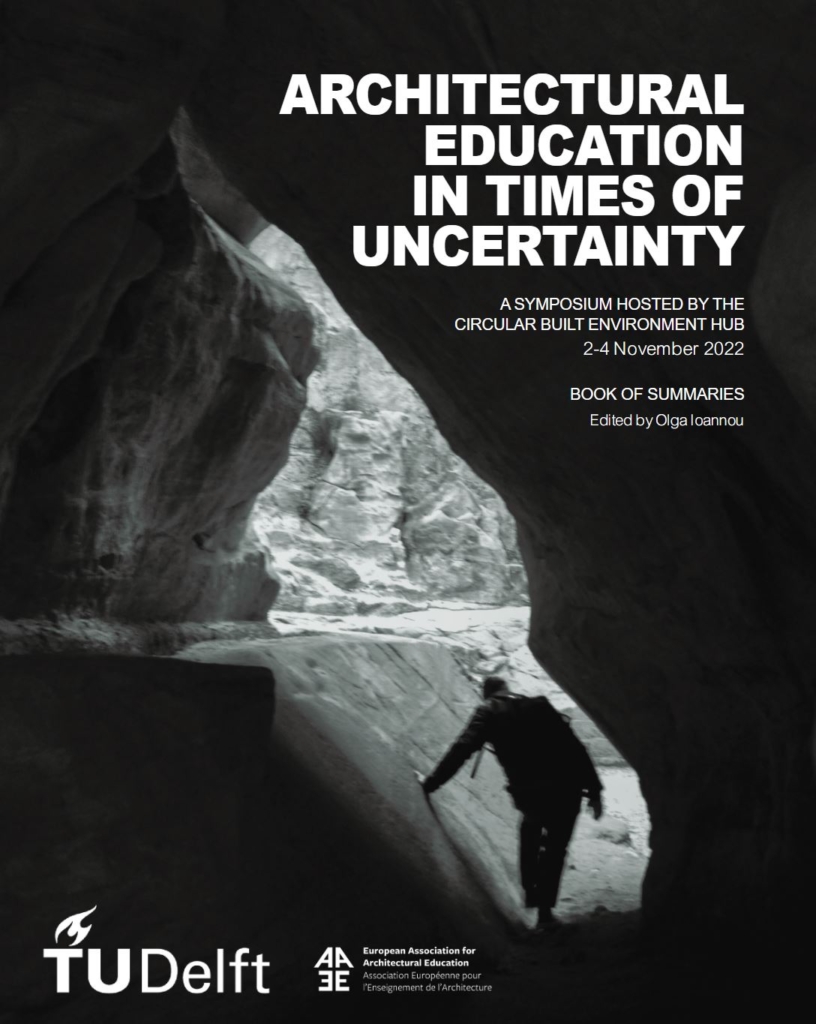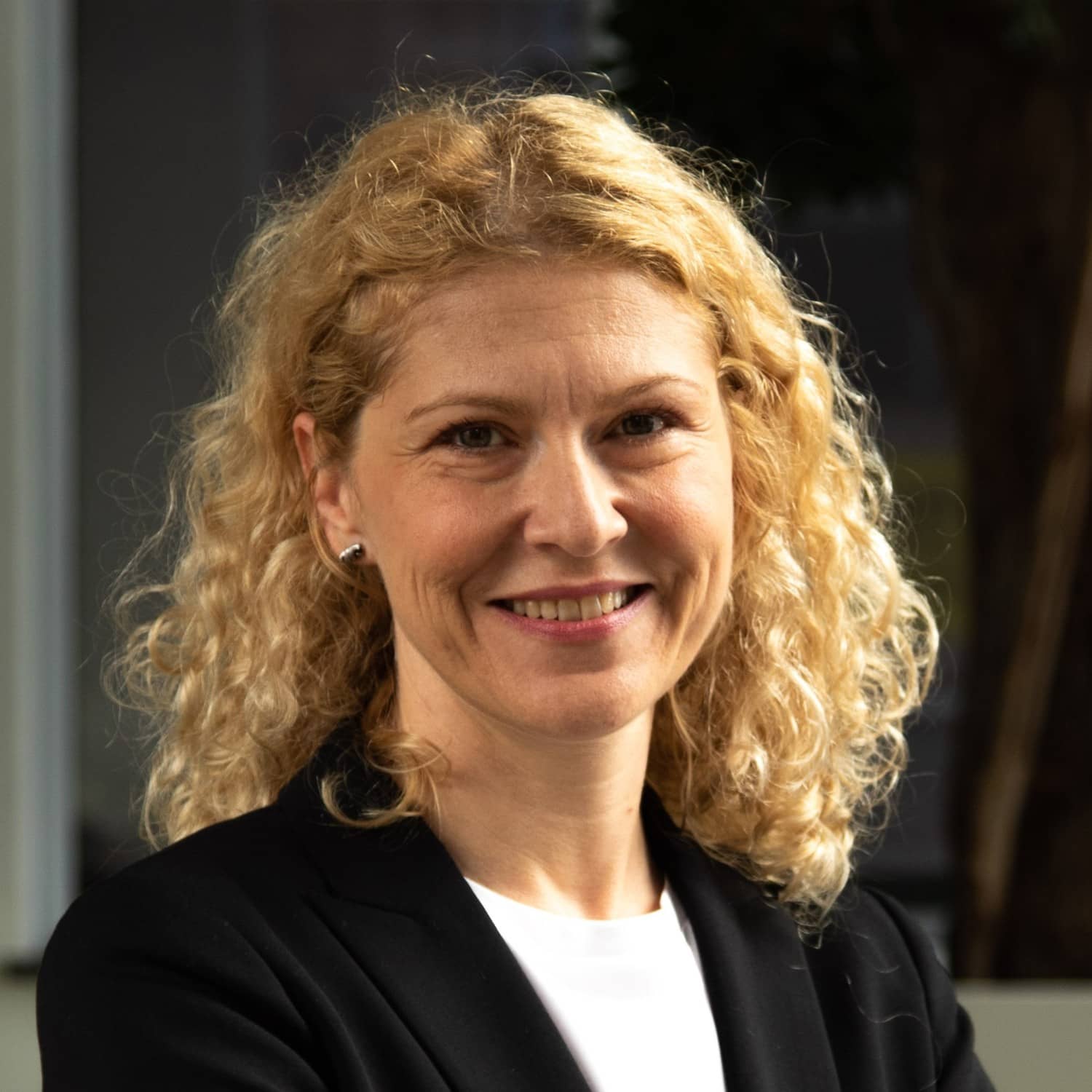Architectural Education in Times of Uncertainty – Book of Summaries

Architecture and, by extension, architectural education are severely challenged by the scale and magnitude as well as the complexity of current criticalities. The climate breakdown, the loss of biodiversity, and the impending resource depletion call for a radical rethinking of what is inherent to architecture, but also of how architecture relates to the economy, society, and nature. The certainties our profession has long relied upon are becoming less and less convincing. Technology alone seems unable to provide us with credible answers for our troubled present; a new paradigm is still at large, further contributing to an ever-growing sense of instability. What will the future look like? Uncertainty takes over as a condition of being while knowing that any decisions we make will be imperfect, just like our view of the world is imperfect. But should we account for uncertainty as a vulnerability? Or can uncertainty free us at last from our pre-established notions and biases towards the making of a new architecture that is informed by a completely different set of principles and values? How are architectural education and pedagogy then affected by this predicament?
We felt it was the right moment to reach out to an extended community of educators, students, and non-academic partners, to listen carefully to their perspectives, and to learn from their experiences. Our question to everyone was fairly simple. All we asked was: can we talk about this? And so, we did. And were overwhelmed by the turnout. More than thirty people accepted the invitation to join us and contributed to discussions ranging from circularity and its current integration in education (Day 01) all the way to how uncertainty conditions teaching and learning (Day 02). A highly relevant and very welcome collaboration with the European Association for Architectural Education (EAAE) and the association’s Education Academy nicely topped our last-day program, offering an extensive overview of current practices and concrete examples from various EAAE member schools currently working on sustainability and the integration of SDGs in architectural education (Day 03).
This book documents these exchanges. It comprises summaries of all sessions based on audio recordings and the respective transcripts. Our idea was to capture the livelihood of the conversations, consolidate the main points raised, and use this book to invite more people to join us in our efforts to rethink the relevance and values of architectural education.
